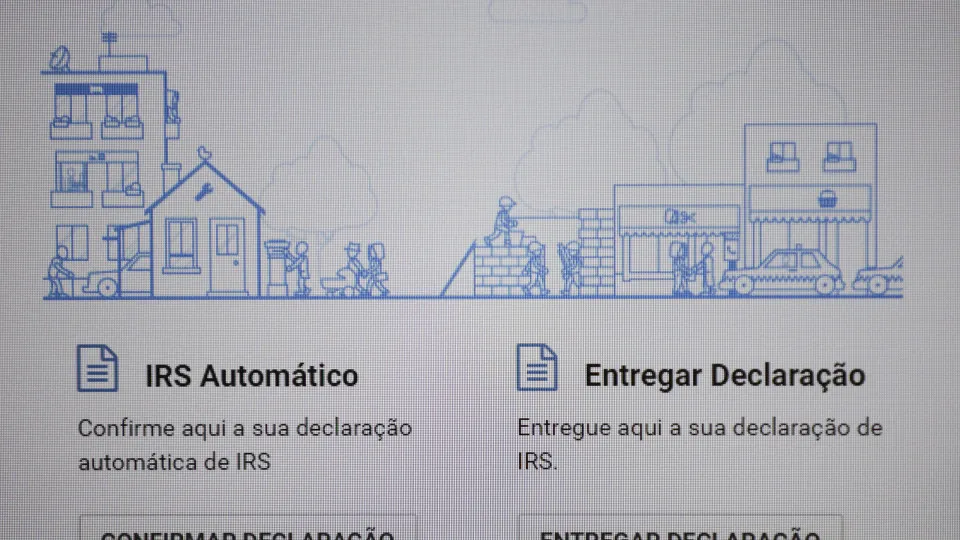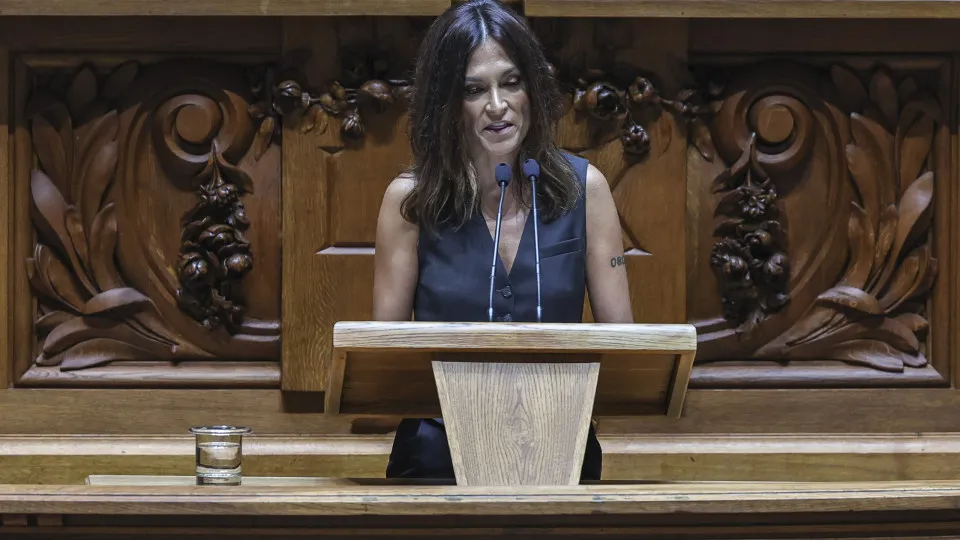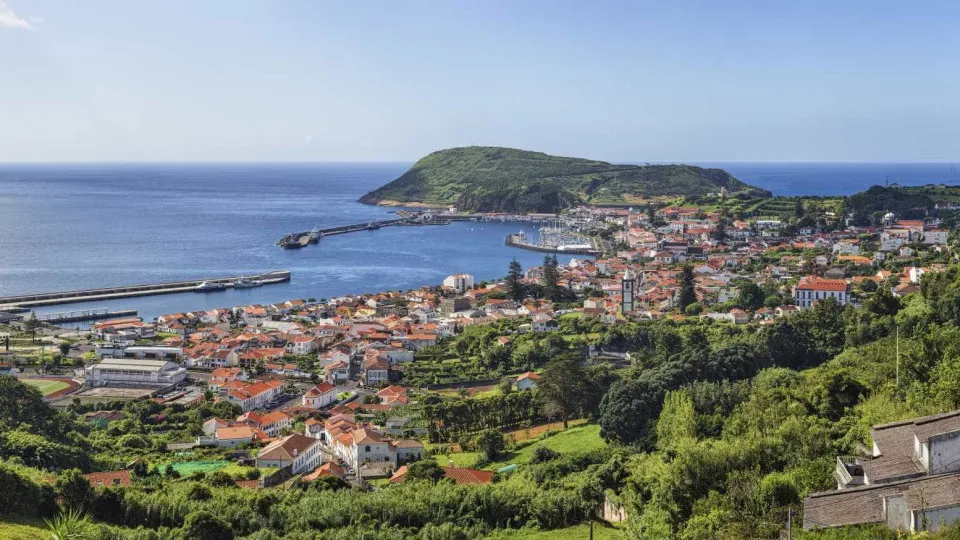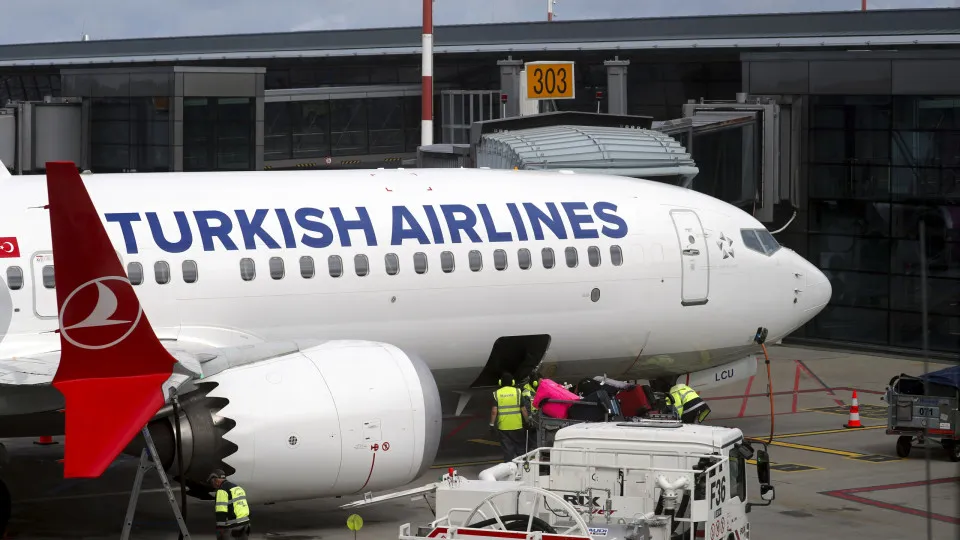
A letter, addressed to Luís Montenegro’s executive (PSD/CDS-PP) ahead of the presentation of the State Budget law proposal for 2026 (OE2026), is also targeted towards the members of the Assembly of the Republic, who are responsible for approving the legislation that alters taxation in these two taxes.
The association argues that Portugal needs to “reindustrialize wisely” to be “an active agent in the realization of the EU single market” at a time when “geopolitical changes are narrowing and bringing value chains closer together.”
For this reason, business leaders believe that this “ambition requires a new contract between the State, companies, and civil society that takes a prominent position for wealth creation and encourages and celebrates the success of our people and companies by leveraging enormous opportunities.”
According to BRP, action is required on four fronts: “licensing and bureaucracy,” “fiscal and administrative justice,” the “tax system,” and “energy.”
In the realm of fiscal justice, the association outlines two measures regarding IRS and IRC.
The Business Roundtable recommends the Government and deputies urgently reconfigure the “IRS up to 1.5 times the national average salary to free the will of 60% of Portuguese who want to grow,” proposing “in the first phase to eliminate the first five income brackets,” as stated in the letter.
Currently, the first five levels cover taxable income up to 28,400 euros annually.
“We need to break the poverty trap that condemns almost a quarter of workers to remain stuck on the national minimum wage; the State takes 62% of the salary increase of those who dare to escape the national minimum wage, which is immoral,” the association justifies.
Regarding IRC, business leaders advocate to “end the progressive system” that condemns the country “to have 41% fewer large companies than the EU average,” supporting the elimination of the state surcharge.
The Government’s Program plans changes in this IRC surcharge currently applied to profits above 1.5 million euros, but not its elimination. A “gradual mitigation of the progressivity of the tax via the state surcharge” is projected.
Recently, on September 19, PSD, CDS-PP, PS, Livre, and PCP rejected an IL initiative aimed at eliminating the first bracket of the surcharge.
Regarding licensing rules, the association proposes applying “to industry and other services the successful model used in tourism.”
For justice, BRP supports applying to administrative and fiscal litigation what has been implemented in “civil and commercial justice over the last decade, which takes less than a third of the time of tax and administrative courts.”
Concerning the energy sector, it sets an objective for Portugal to “lead in renewables and low-carbon technologies” to allow “the reindustrialization of Portugal and Europe.”
The letter is signed by 142 leaders, including Ana Figueiredo (Meo), Ângelo Paupério (Nos), António Horta Osório (Bial), António Pires de Lima (Brisa), António Portela (Bial), Carlos Mota Santos (Mota-Engil), Cláudia Azevedo (Sonae), José Luís Arnault (ANA – Aeroportos de Portugal), Manuel Violas (Grupo Violas), Nuno Botelho (Associação Comercial do Porto), Nuno Amado (BCP), Nuno Galvão Teles (MLGTS), Pedro Castro e Almeida (Santander), Ricardo Pires (Semapa), Rui Miguel Nabeiro (Delta Cafés), Salvador de Mello (José de Mello), Sérgio Monteiro (Horizon Equity Partners), and Vasco de Mello (José de Mello).
According to information provided by the association, BRP is composed of 43 leaders of companies and business groups.




